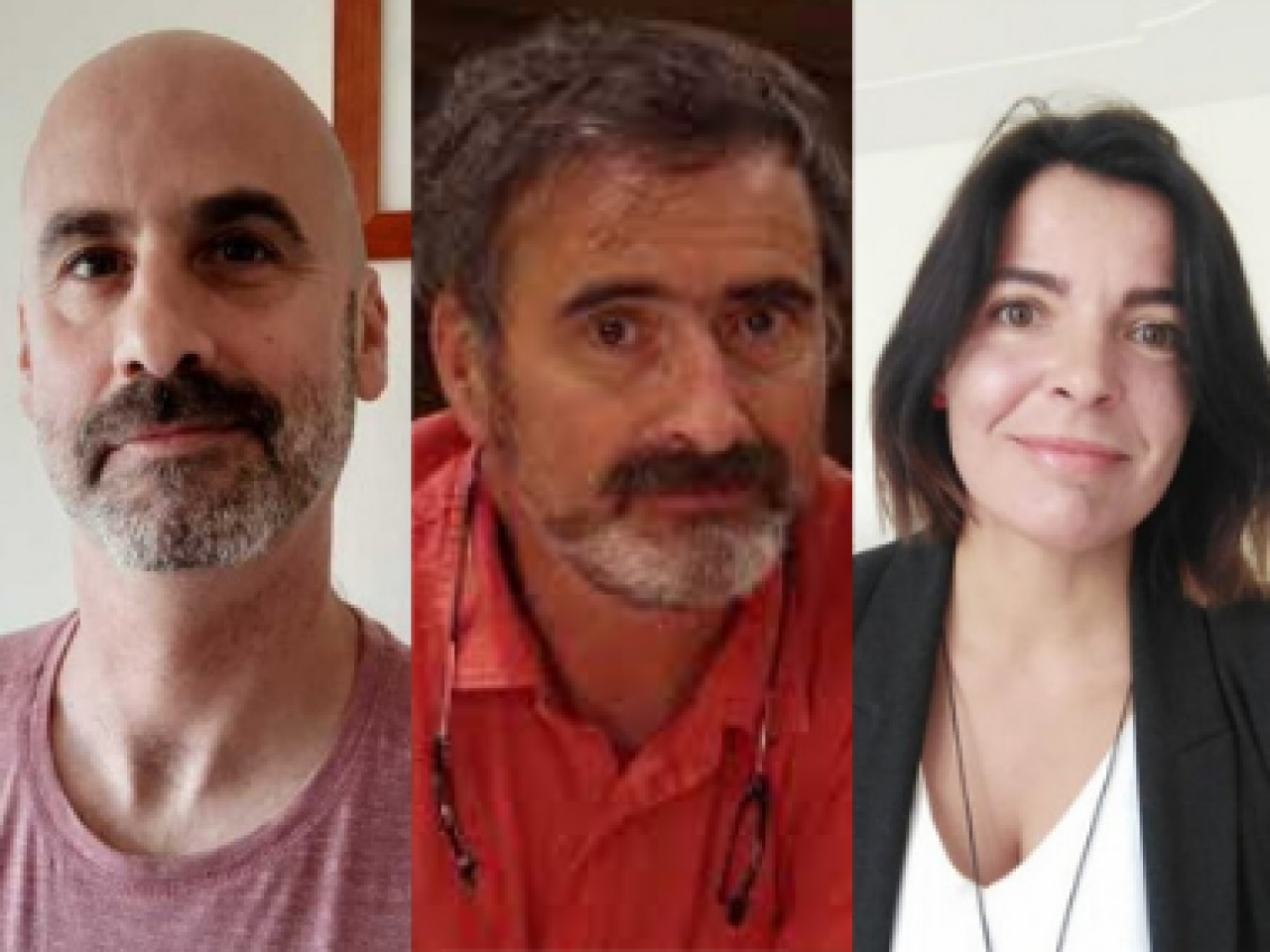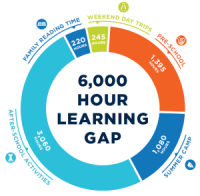
At ON BOARD Transnational meeting 6, we had the chance to share the fascinating vision of experts on some topics related to the connection between innovation and education. The specialists gave us some keys to 360 education, open education resources, innovation and digitalisation.
Edgar Iglesias, PhD Pedagogy and Graduate in Social and Cultural Anthropology and collaborator at Fundació Bofill, introduced the 360ºEducation Strategy, an initiative developed by Fundació Bofill, Barcelona supra-municipal government and FMRPC (Federation of pedagogical renovation initiatives in Catalonia) which aims at promoting education equality of children and youngsters beyond the school. According to an study of ExpandED Schools (https://www.expandedschools.org/) “By 6th grade, kids born into poverty are likely to suffer a 6,000-hour learning gap compared with their middle-class peers'' taking into account extracurricular activities, learning/education support provided by families (attending to cultural activities, reading together trips, summer camps, etc.)
Edgar Iglesias spotlighted the main role of local governments have in ensuring equal education opportunities beyond the school walls. Local governments have a real knowledge of the territory and can help to create connections and generate conditions to guarantee equity and sustainability.

Source: https://www.expandedschools.org/the-learning-gap
With the expert, Colin de la Higuera, UNESCO Chair in Technologies for the Training of Teachers by Open Educational Resources at University of Nantes, we learnt a little bit more about Open Educational Resources (OER), and what they can add to the ON BOARD project. He highlighted the importance of this kind of educational resources which allow the flowing knowledge between the different actors of education: inside the schools, the community and between all actors of a learning situation, all over the world. But, when an educational resource can be considered as an OER?
According with UNESCO they are defined by the 5 « R »s:
RETAIN - the children are allowed to hold or make a copy
REUSE - the teacher can use the material without having to declare or pay a fee
REVISE - we can translate a great material from one language to another
REMIX A teacher can take the material sent to her by partners and create a new OER
REDISTRIBUTE - A teacher can share this new material (and the old one!)
By other hand, Margarida Romero, Research Director of the Laboratory of Innovation and Digital for Education (Laboratoire d’Innovation et Numérique pour l’Education) talked to us about the co-creative uses of the technologies for education and how technologies can support the collective thinking in solving problems. She pointed out how important are in the educational ecosystem this five competencies for addressing 21st century challenges:
- Critical thinking
- Collaboration
- Creativity
- Problem solving
- Computational thinking
and how technologies can help to develop these 21st century skills.
Soon we will share the TM6 Report with further information about this topic.
Don't forget to follow us on Twitter: @OnBoardCities in addition to subscribing to our newsletter: https://mailchi.mp/viladecans/on-board
